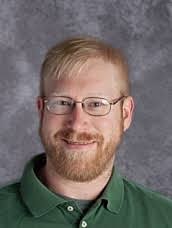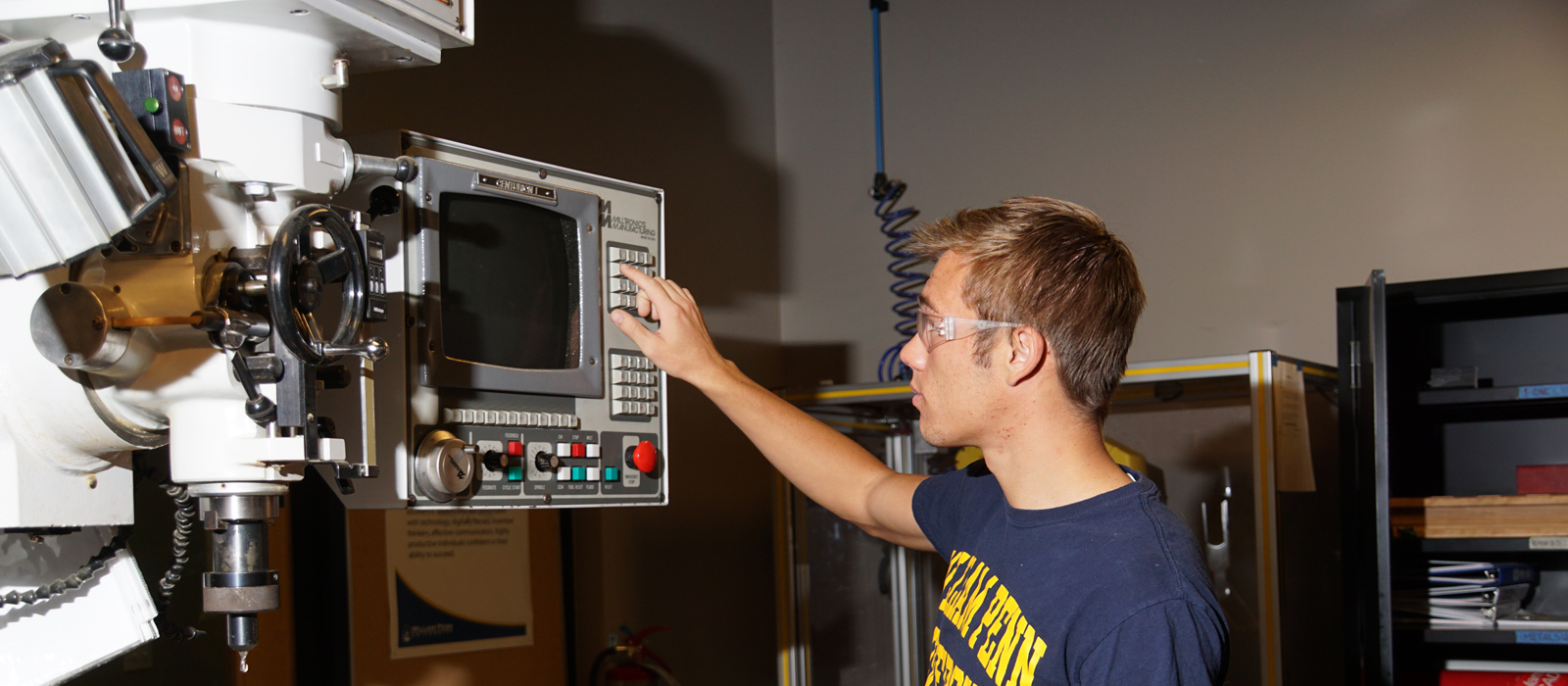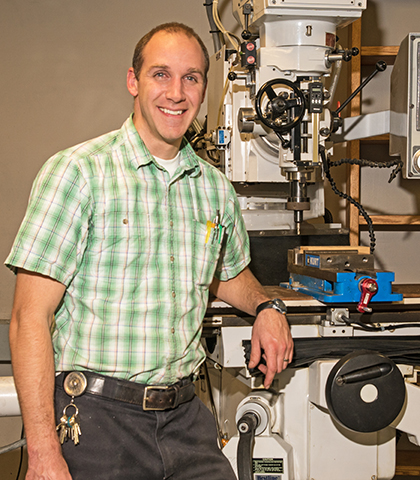
Civil Engineers
Civil engineers typically focus on the design and construction of infrastructure—airports, roads, bridges, buildings, waste water treatment plants, biosystem processing plants.
Industrial Engineers
Industrial engineers study, design, and improve integrated systems including people, materials, information, equipment and energy. This involves manufacturing processes, plant/factory operations, and increasingly incorporates the Internet of Things.
Mechanical Engineers
Mechanical engineers are broadly trained in mechanics, energy transfer and conversion, design and manufacturing, and the engineering sciences, and typically are involved in areas involving motion and the use of energy. This includes design of vehicles (automotive, aerospace, underwater), biomedical devices, manufacturing systems including robotics, power generating systems, heat transfer systems.


